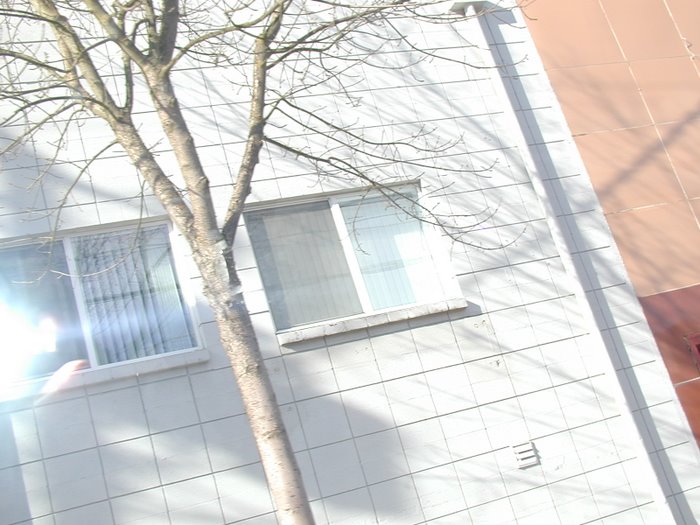Gazelles: There are two kinds of entrepreneurs - the ones that do business (Mom & Pops) and the ones that grow businesses (gazelles*). While it's the Mom & Pops that offer the one-of-a-kind restaurants, brewpubs and shops that create happening places which attract entrepreneurs in the first place, it's the gazelles that account for 75% of all job growth, plus half of all innovations, two-thirds of inventions and 95% of all radical innovations created since World War II.
Economic Gardening: As opposed to 'economic hunting' (the industrial age method of trying to steal companies from other cities), economic gardening seeks to create jobs by supporting companies that are already in place**. Pioneered by Chris Gibbons at the City of Littleton, CO (pop. 45,000), the program has added 12,000 jobs since the program started in 1987 - with no incentives. Check out the program's three basic elements here.
Gazelles + Economic Gardening: Why this combination? You can't garden something that won't grow. With the presence of major universities, this magic equation helps explain the rise of Austin, Silicon Valley and Cambridge, each of whose economies exceeds most countries.
*Gazelles (in between Mom & Pop 'mice' and Fortune 500 'elephants') by definition have to grow at least 20% a year for four years, from a base of at least $100,000 in revenues - in effect, at least doubling in size over that four-year period. Only about 352,000 companies qualify, one out of every 16 companies with employees. Source: Inc.com
**In pro sports, a majority of talent comes from developing college players that teams draft. 'Free agent' veterans recruited from other teams are typically overpaid and temporary. Why is free agency still popular with some teams? Because they don't know how to develop their 'inexpensive' young talent. Understand this, and you'll also understand why the financially-disadvantaged Marlins, Angels and Diamondbacks won the last three World Series.












